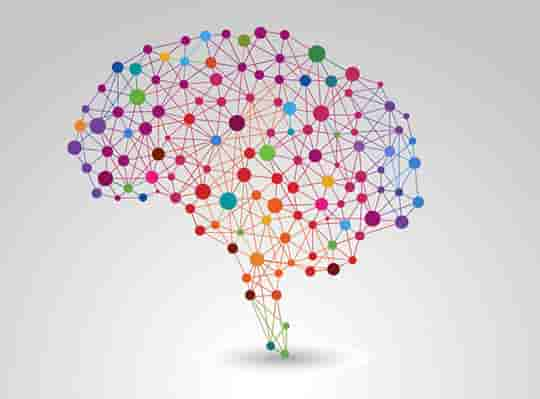Schizophrenia is one of the most serious types of mental illness.
People with schizophrenia have lower levels of a vital protein found in the synapses, new research finds.
The finding could help explain the worst symptom of schizophrenia: the inability to plan and remember.
The synapses form connections that allow electrical and chemical signals to pass between neurons.
For the first time, advanced brain scans have shown lower levels of the protein in the synapses of living people who have schizophrenia.
Schizophrenia is one of the most serious types of mental illness.
It can cause delusions, hallucinations, confused thinking and dramatic changes in behaviour.
The latest discovery could help scientists develop therapies and understand the cognitive difficulties that are central to schizophrenia.
Dr Ellis Onwordi, the study’s first author, said:
“Schizophrenia is a highly debilitating disorder, and the therapeutic options are too limited for many patients.
To develop better treatments in the future we need studies like this to shine a light on how the extraordinarily complex wiring of the human brain is altered by this disease.
Having scans that can characterise the distribution of the approximately 100 trillion synapses in the living brain, and find differences in their distribution between people with and without schizophrenia, represents a significant advance in our ability to study schizophrenia.”
The study included 18 people with schizophrenia and compared them to 18 health controls.
The neuroscientists injected a tracer that binds to a particular protein found in the synapses called SV2A (synaptic vesicle glycoprotein 2A).
SV2A is a marker of the density of synaptic nerve endings.
The results showed that people with schizophrenia had lower levels of SV2A in the frontal area of the brain.
The frontal area of the brain is central to a huge variety of vital processes including memory, language, the emotions, cognition, problem-solving and many more.
Professor Oliver Howes, study co-author, said:
“Our current treatments for schizophrenia only target one aspect of the disease—the psychotic symptoms—but the debilitating cognitive symptoms, such as loss of abilities to plan and remember, often cause much more long-term disability and there’s no treatment for them at the moment.
We need to develop new treatments for schizophrenia.
This protein SV2A could be a target for new treatments to restore synaptic function.”
Since people with schizophrenia in the study had been taking anti-psychotics, the researchers wanted to rule out the lack of synaptic protein being a side-effect.
Rats fed anti-psychotics for a month, though, showed no sign of lower levels of the protein SV2A.
Professor Howes said:
“This is reassuring as it’s suggesting that our antipsychotic treatments aren’t leading to loss of brain connections.
Next we hope to scan younger people in the very early stages to see how synaptic levels change during the development of the illness and whether these changes are established early on or develop over time.”
The study was published in the journal Nature Communications (Onwordi et al., 2020).

